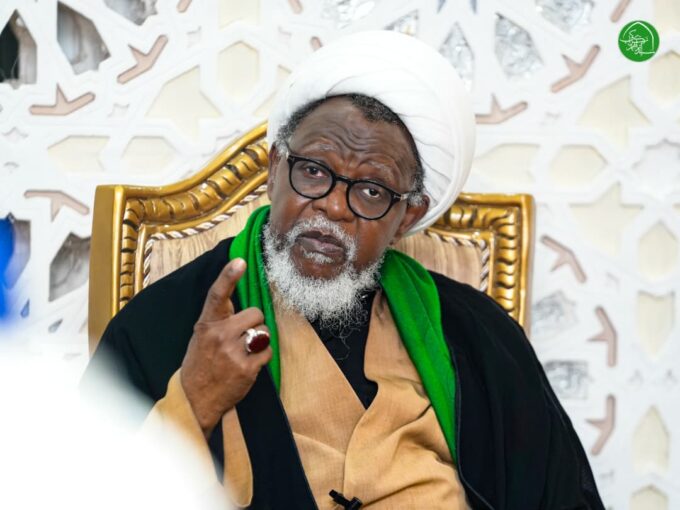The Federal Government has directly transferred ₦330 billion to millions of Nigeria’s poorest citizens, Finance Minister Wale Edun announced Wednesday, detailing for the first time the scale of the government’s response to the economic hardship caused by recent reforms.
The funds, drawn from an $800 million World Bank loan, have reached 8.5 million households, with each receiving at least one ₦25,000 payment. The initiative, managed by the National Social Safety-Net Coordinating Office (NASSCO), is a cornerstone of President Bola Tinubu’s strategy to cushion the impact of subsidy removal.
Minister Edun emphasized the system’s modern, transparent design, which uses National Identity Numbers (NIN) and digital payments to bypass traditional cash distribution.
“We now have the basis for a modern social protection system that can provide targeted assistance to the poorest and most vulnerable on a long-term basis,” he stated.
The rollout, however, has been staggered. While 8.5 million homes have received payments, another 7 million registered households are still waiting. NASSCO National Coordinator Funmi Olotu explained the reason for the phased approach: “No more traditional cash payments. All transfers are direct debit to bank accounts. That is why some households have received one, two, or three tranches already.”
This process, she noted, was mandated by President Tinubu himself to ensure every payment is linked to a verified identity, locking out fraud and ensuring the aid reaches its intended recipients.
With 19.7 million households already registered, the government has signaled this is only the beginning. Minister Edun confirmed the program will be provisioned in future annual budgets, moving it from a short-term relief measure to a permanent pillar of the nation’s social safety net.















Leave a comment